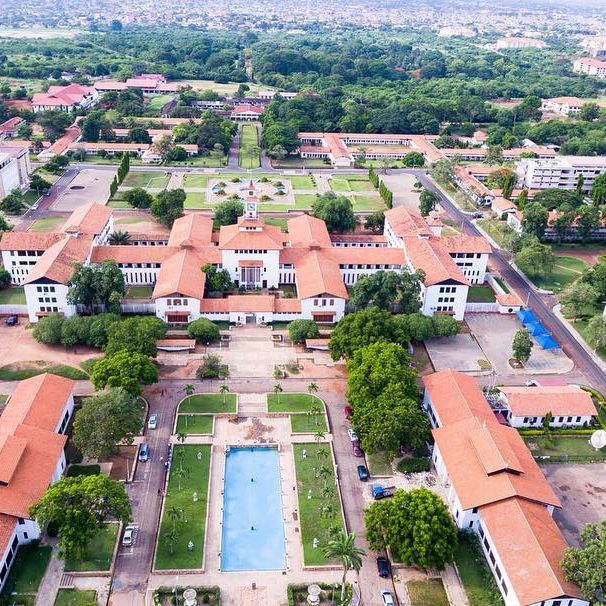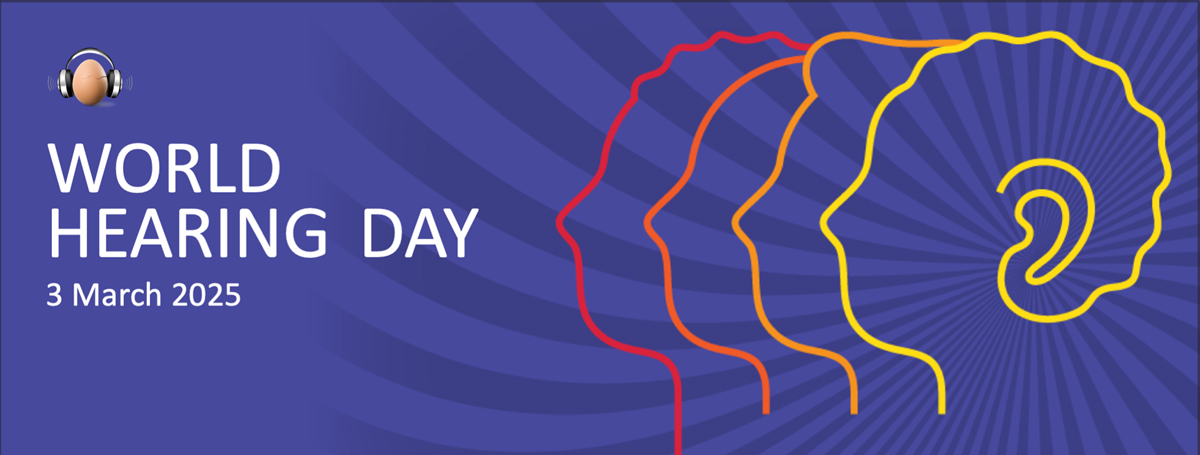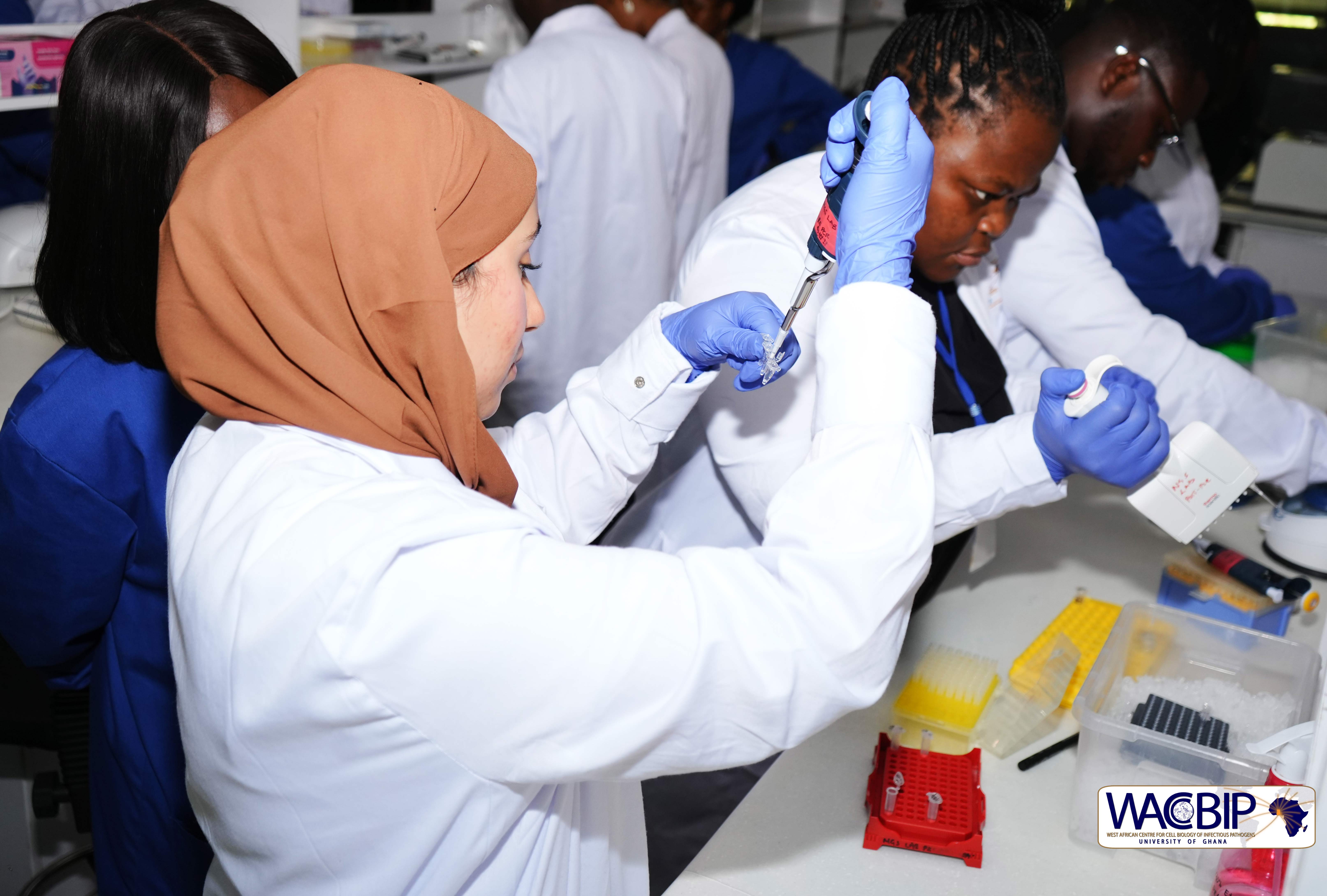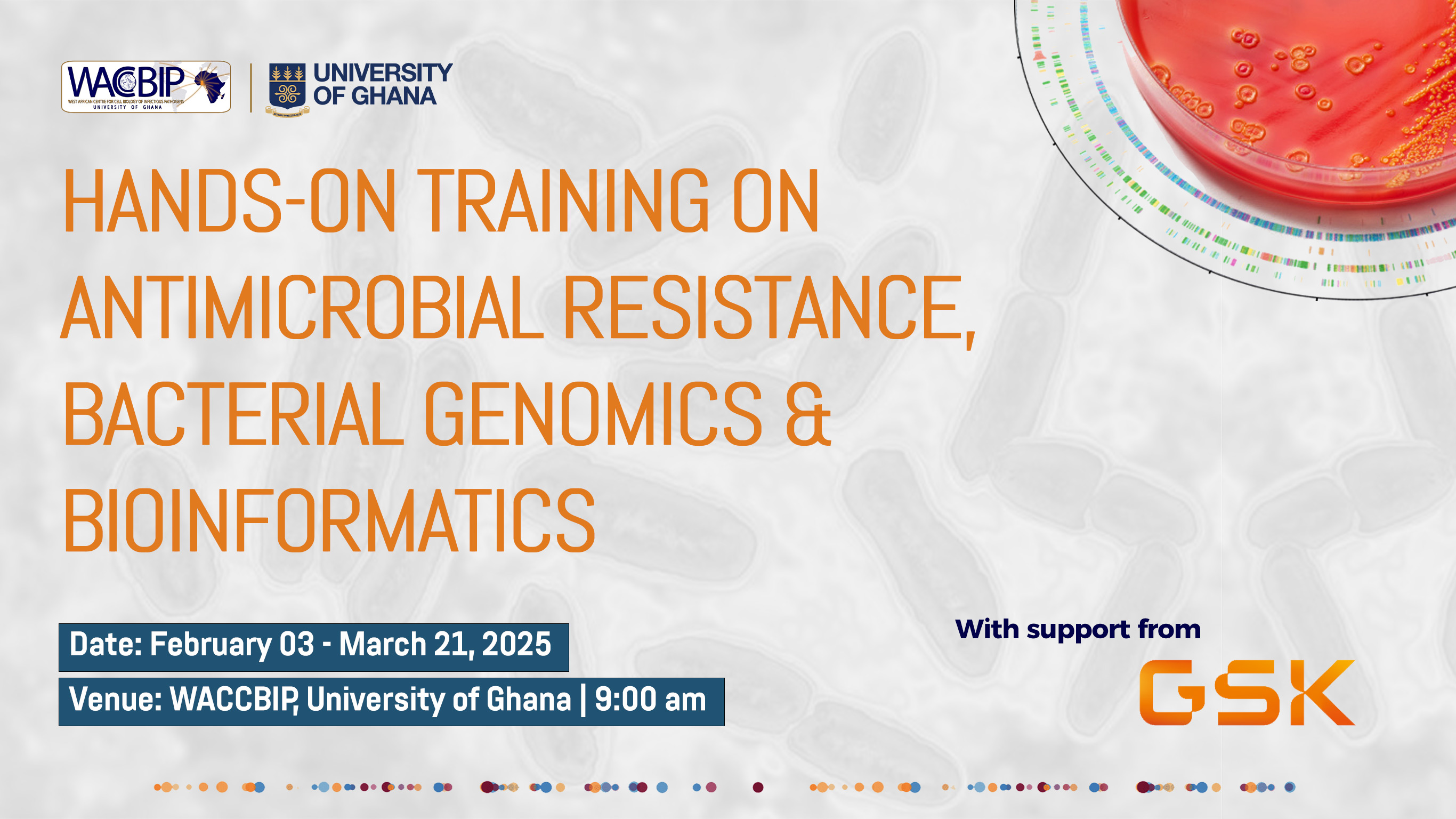The University of Ghana has been selected as the host institution for the establishment of the West African Network of Infectious Diseases ACEs (WANIDA), which will aim to enhance collaboration among West African health research institutions funded under the World Bank's African Centres of Excellence (ACE) Impact project.
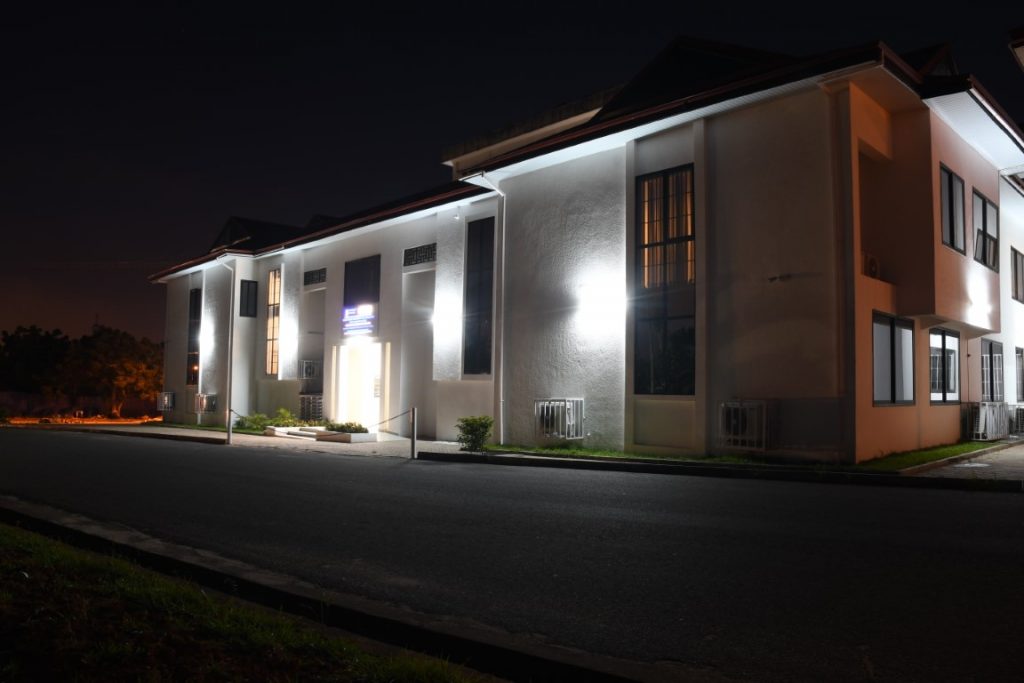
WANIDA will be coordinated from the West African Centre for Cell Biology of Infectious Pathogens (WACCBIP), with Prof Gordon Awandare as the Network's Chairman. The network will be funded by the French Development Agency (Agence Franà§aise de Développement, AFD), and the French National Research Institute for Sustainable Development (Institut de Recherche pour le Développement, IRD) under a supplementary €1.5 million ACE Partner grant. The ACE Partner project seeks to create and ensure the influence and sustainability of thematic networks with the aim of positioning them as scientific and academic leaders for development in West Africa.
Besides WACCBIP, the network also includes the African Centre of Excellence for Mycotoxin and Food Safety (ACEMFS) at the Federal University of Technology in Minna, Nigeria; the African Centre of Excellence for Genomics of Infectious Diseases (ACEGID) at Redeemer's University in Ede, Nigeria; the African Centre of Excellence for Neglected Tropical Diseases and Forensic Biology (ACENTDFB) at Ahmadu Bello University in Zaria, Nigeria; the African Centre of Excellence for Population Health and Policy (ACEPHAP) at Bayero University in Kano, Nigeria; Centre d'Excellence Africain en Innovations Biotechnologiques pour l'Elimination des Maladies à Transmission Vectorielle (ITECH-MTV) at Université Nazi Boni in Burkina Faso; and Centre d'Excellence Africain – Prévention et Contrôle des Maladies Transmissibles (CEA-PCMT) at Université Gamal Abdel Nasser in Conakry, Guinea.
WANIDA will facilitate interactions, collaborations and networking among the infectious diseases ACEs, other health-related ACEs and non-ACE institutions in West Africa, with the aim of addressing the inadequacies of existing health systems across Africa for responding to significant public health threats. The network will promote greater cooperation between the participating institutions to pursue high quality research and excellence in training, with focus on the etiology of febrile illnesses across West Africa, and developing mechanisms for sharing research resources and technical expertise.
WANIDA is directing its immediate efforts toward helping combat the current COVID-19 pandemic. Drawing on the wealth of expertise and network partnerships of faculty and associates, the network will be used as a vehicle to conduct COVID-19-related research across partner countries. The focus will be on conducting serological studies to characterise immune response to infection; sequencing and metagenomic analyses to monitor virus evolution and pathogenesis; and completing health systems research to assess dynamics of knowledge and practices relevant to COVID-19.
The network will also, in the long-term, focus on strengthening research capacities and collaboration between ACEs and with international research institutions through thematic workshops, joint research teams and training graduate students. WANIDA will establish knowledge and resource-sharing platforms between participating institutions and collaborators across the sub-region; strengthen training capacities in higher education through joint training programmes, student/teacher exchange programmes and internships; and strengthen innovation capacities and links with the non-university sector through the participation of the socio-economic actors concerned in training and research activities. The network will also look to ensure its sustainability by seeking competitive and private funding, which will support the network's long-term research mandate and the continued provision of fellowships for future generations of African scientists.

